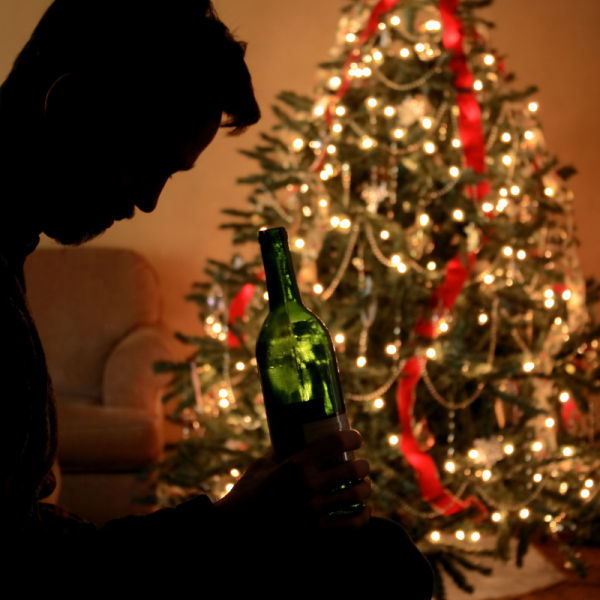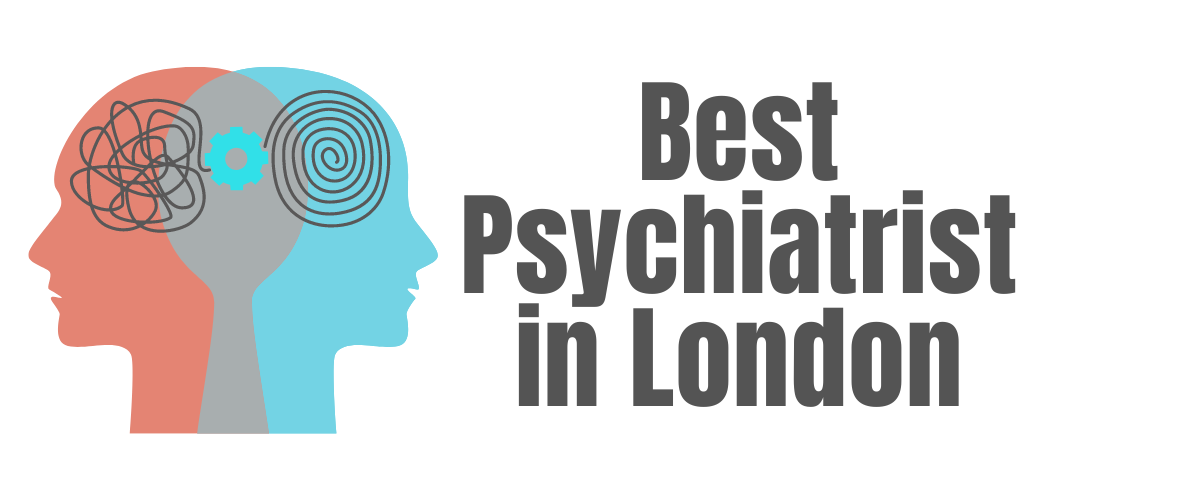Problem Drinking
The call of sober January.
-
- Thorley (1980) suggested that alcohol problems can be separated into three domains:
- Problems related to acute intoxication (e.g. arrests for drink driving, fights and accidental injuries)
- Problems related to regular and heavy drinking that can often lead to adverse health (e.g. cirrhosis) and psycho-social consequences (psychological difficulties, marital distress, financial problems) and
- Problems related to dependence, including alcohol withdrawal symptoms and longer-term difficulties.

Most people struggling with alcohol fall into the second category of problem drinking. Sober January has become increasingly popular, with the obligatory New Year’s Day hangover fuelling a thirst for change. This may work for some but not others, don’t worry about the date you start addressing your issues, change may require some preparation, but congratulate yourself that you are facing up to things and entering a new phase that will benefit your health and well-being.
-
-
- Prochaska and DiClemente (1986) proposed five stages that people progress through when changing behaviours:
- Pre-contemplation stage: you are unaware of the drink problem or not be concerned about negative consequences of your drinking.
- Contemplative stage: you may acknowledge the link between drinking and the problems experienced and may be trying to work out what is going on.
- Preparation/ determination stage: the balance of advantages and disadvantages of drinking is being tipped towards change and you are exploring options and may have made some small behavioural changes.
- Action stage: commitment to change occurs, you decide to change drinking patterns and take practical steps to do so.
- Maintenance stage: actively trying to implement the proposed action for change and practising new skills to allow change to crystallise.
-
This process is cyclical, you might have to go through the five stages several times before succeeding in dealing with your problem drinking.
Cognitive Behavioural Therapy (CBT) has been shown to be efficacious for problem drinking. Combining CBT with a self-management program such as SMART Recovery can be particularly beneficial. SMART Recovery can help you decide whether you have a problem, can build up your motivation to change and offers a set of proven tools and techniques to support recovery.
It is important to identify any triggers to alcohol use, these are known as stimulus conditions. They are any situations that pose a threat to your sense of control and increase your risk of using alcohol. You and your therapist will attempt to make a list of all stimulus conditions these may internal (e.g. low mood) or external (e.g. a pub). They could include people, places or specific times of the day or week. After careful analysis of the stimulus conditions, a plan can be put in place to deal with them. This could be learning how to avoid the stimulus conditions altogether or learning how to cope by confronting the stimulus conditions and resisting using alcohol through various learnt techniques and a coping plan.
One factor that can lead to drinking is craving. This is common and normal and can occur even after several years of abstinence. Craving frequency and intensity will abate over time the less it is acted upon, i.e., the less alcohol is used to control the cravings and will abate naturally if unfulfilled. Craving acts as a signal to act before a drinking episode begins.
Your therapist will tailor your treatment to your needs, supporting you to address patterns and issues that may be maintaining problem drinking.
